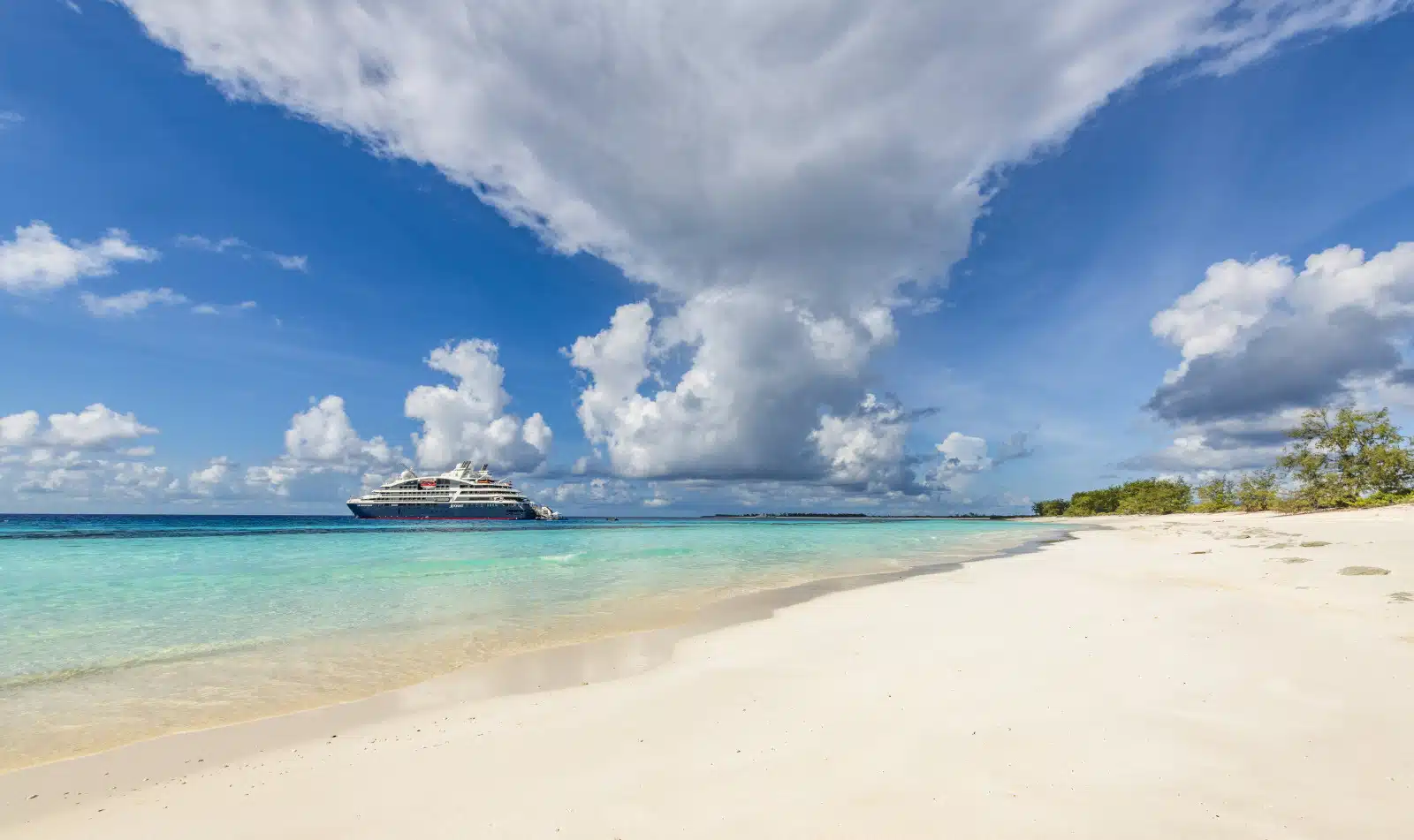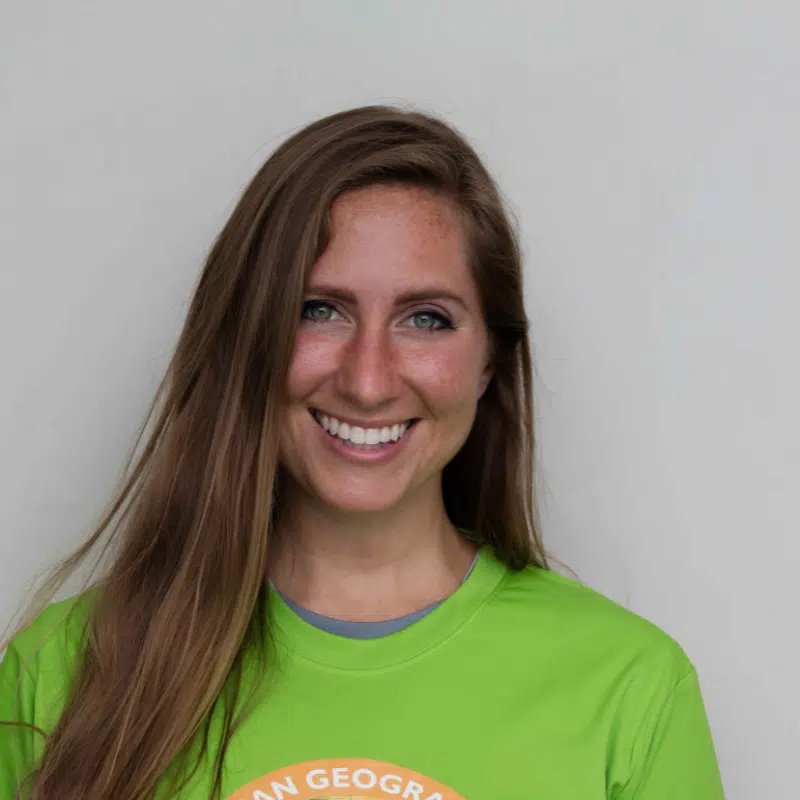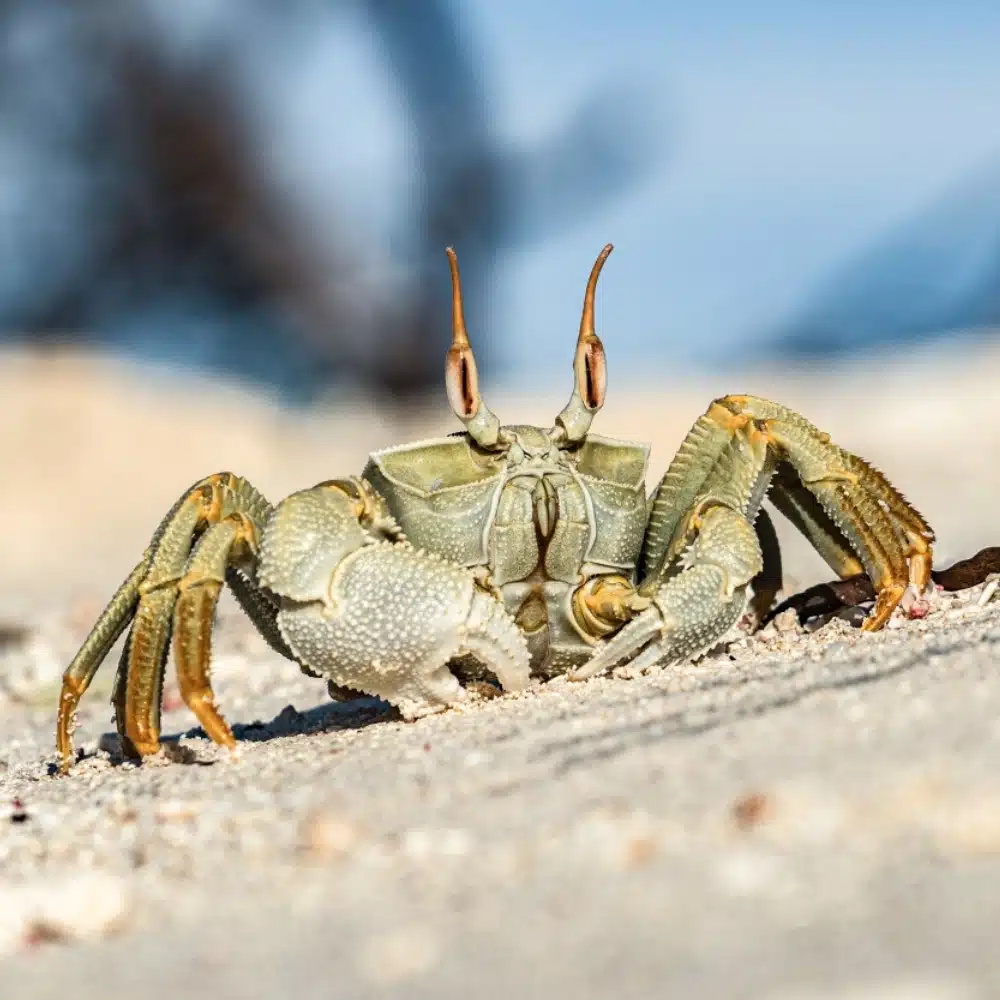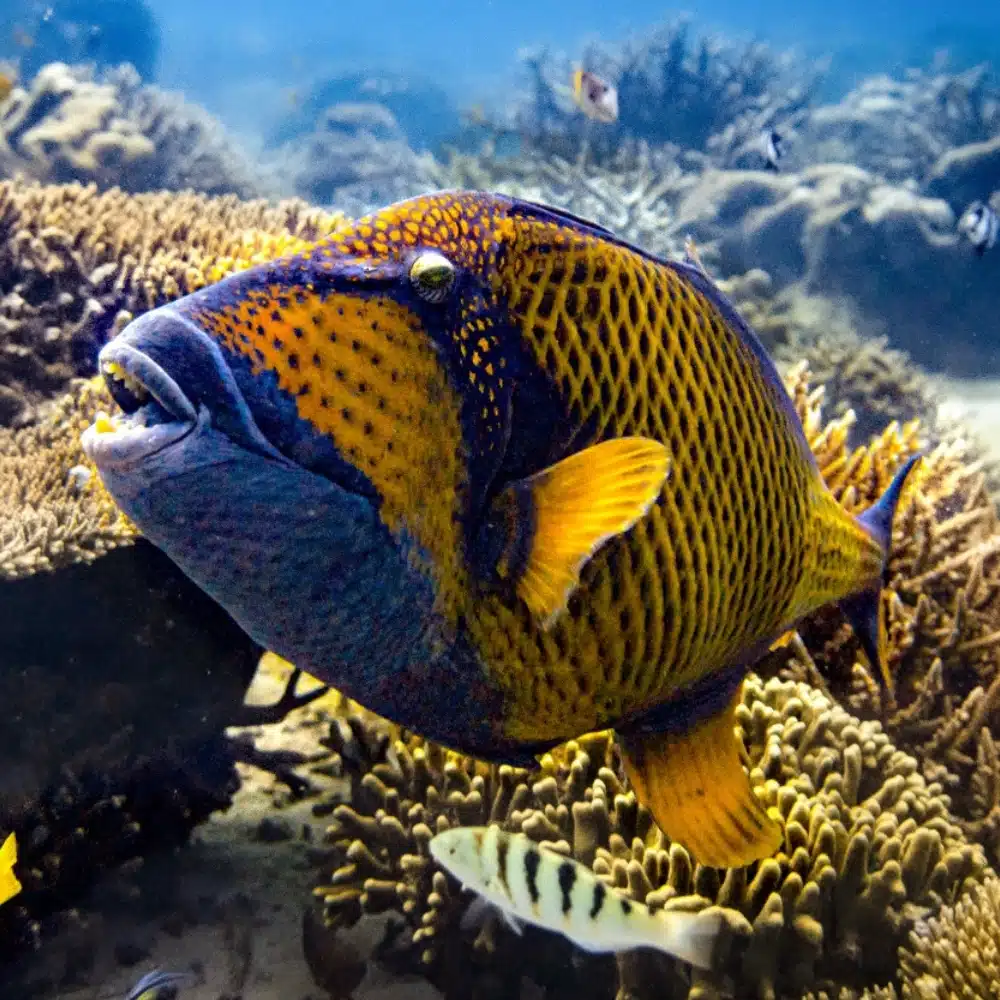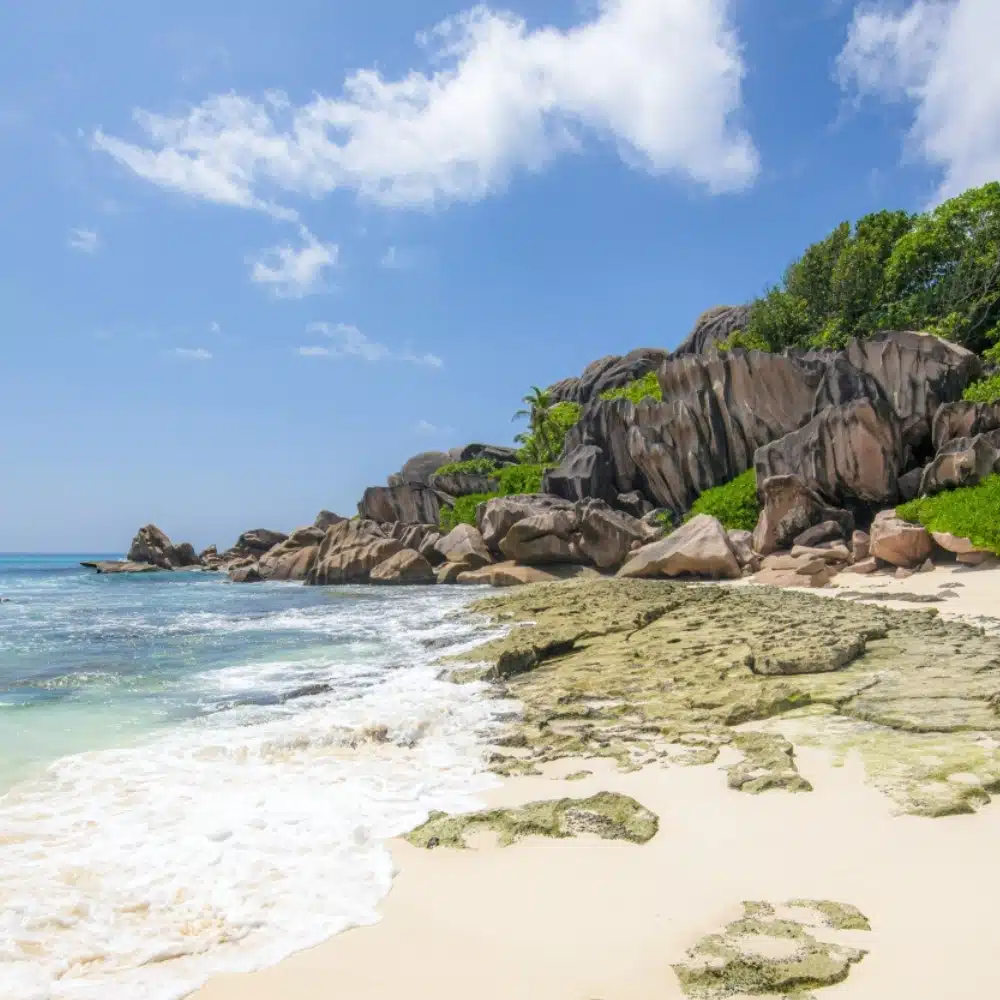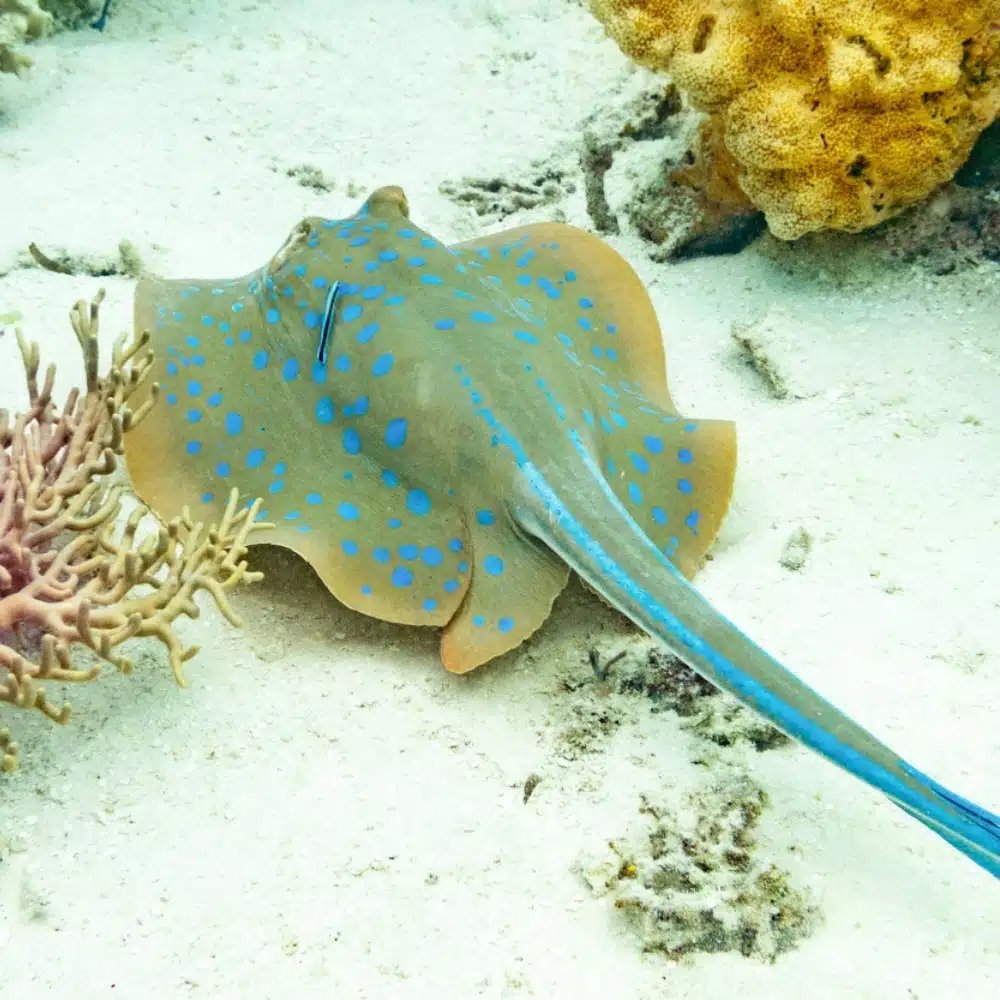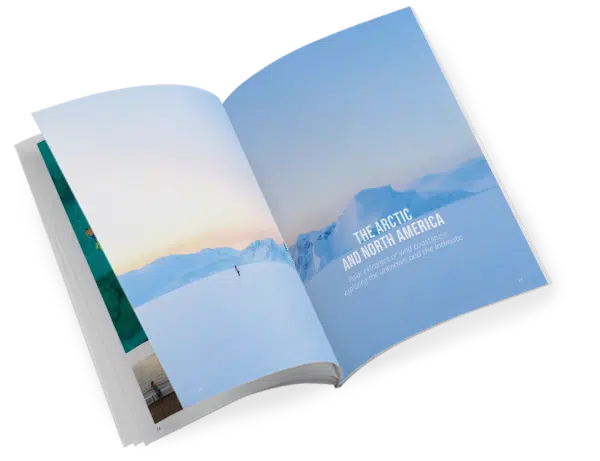Expedition leader. Magazine editor. PADI Divemaster. Prize-winning underwater photographer. Sustainability advocate. Entrepreneur. Our conversation with aquatic biologist and Explorers Club member Alexandra Rose only skimmed the surface of her talents and passions. We hope you enjoy meeting this accomplished scientist as much as we did.
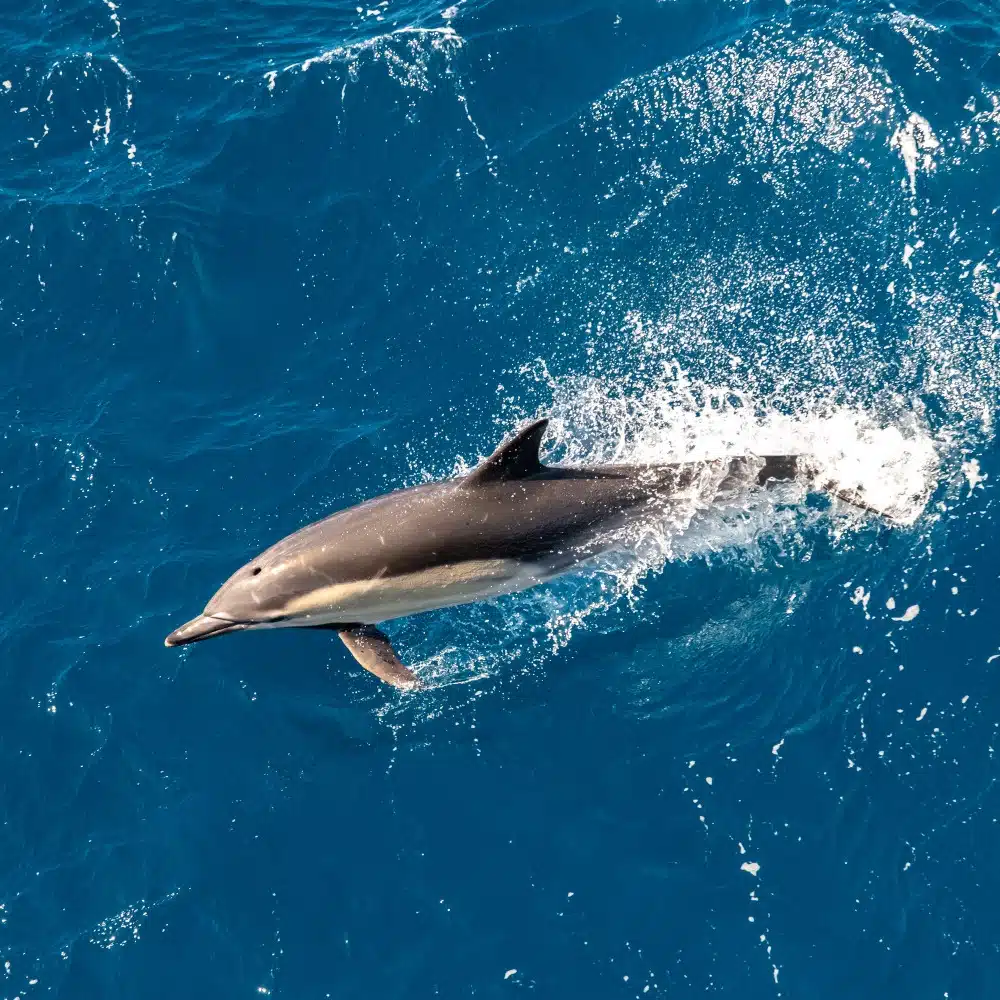
After Alexandra Rose (Alex, as she prefers to be called) first met Dr. Sylvia Earle, the groundbreaking oceanographer who has been championing conservation since the 1950s, she knew that she, too, wanted to protect the oceans.
When Alex was nine years old, she visited Chicago’s Shed Aquarium, where Dr. Earle was promoting her new book, Sea Change: A Message of the Oceans. She was captivated by this adventurer, one of the first female members of The Explorers Club, the first woman to become chief scientist of the U.S. National Oceanic and Atmospheric Administration and a celebrated pioneer in ocean conservation. The pair talked about marine life and the importance of caring for it – though Alex’s knowledge of the world’s waters did not run nearly as deep as that of her new hero.
Years later, their paths crossed again, as aquatic biologist Alex was embarking on her own crusade to call attention to the ocean’s maladies. Imagine her astonishment when Dr. Earle told her that she remembered their very first meeting.
“Ever since that day, Sylvia Earle has been my #1 mentor,” Alex says today. “She helped foster this unexplainable connection I feel to exploration. No one has given more to oceanography and exploration. In fact, she is in her 80s and still going strong.” Today, Alex is an Explorers Club member herself, and the Secretary of Deep Hope, a non-profit founded by Dr. Earle.
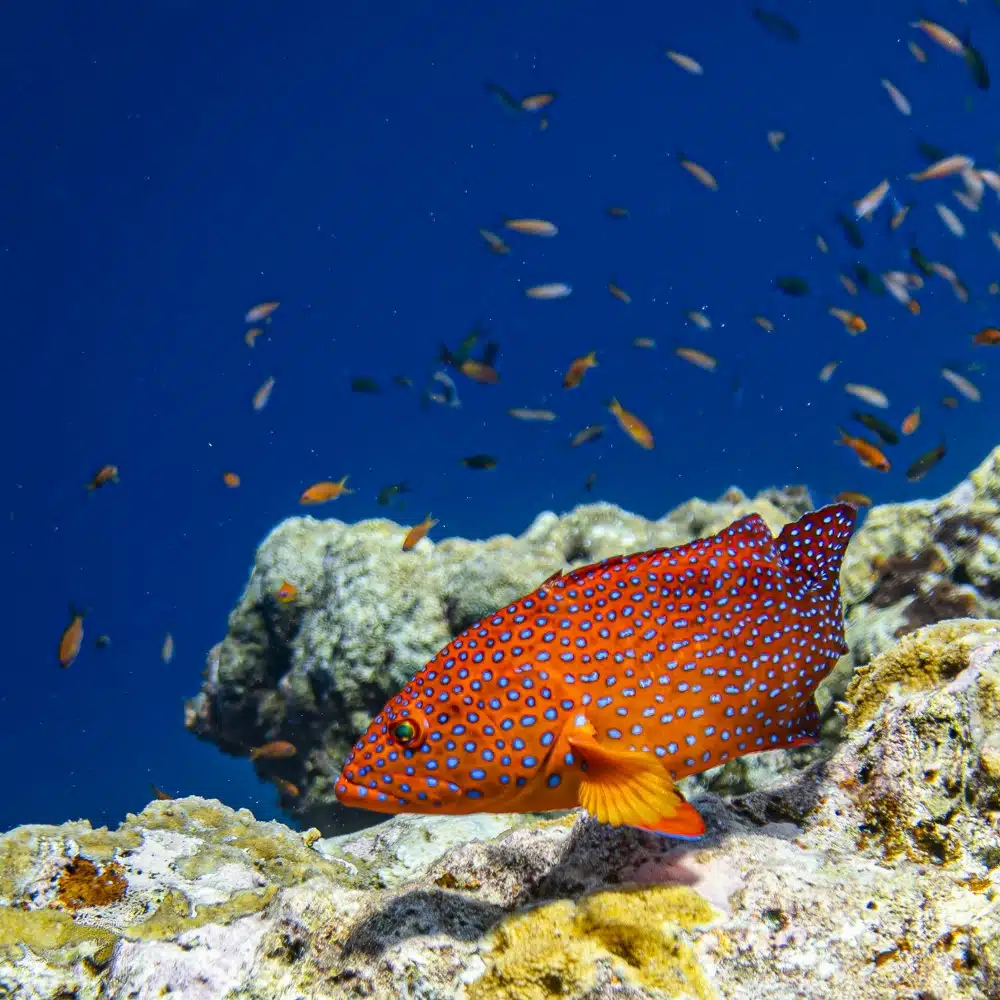
Discovering What Lies Beneath
From the day she met her mentor, Alex dedicated her life to the ocean, plumbing its depths as an aquatic biologist, PADI Divemaster, and award-winning underwater photographer.
“I started out as a portrait photographer,” she recalls. “Then when I was 18, I started bringing a camera underwater.” As she perfected her scuba diving skills, she realized that scuba was more than just a sport that brings you face to face with pretty fish. “There’s so much more to it,” she says. “Down there, you’ve opened a window into a world most people never get to see. It completely changes your perspective on the environment and our place in it. It’s like Dr. Earle has been saying for decades: We are profoundly connected to the oceans and vice versa.”
“But we haven’t been protecting it,” Alex continues. “Evidence of this is everywhere. The most far-flung islands you’d expect to be most protected are not.”
Tapping into Ourselves for Solutions to Our Biggest Challenges
In her role as Science Editor of Ocean Geographic magazine, Alex leads several dive trips each year to help scuba lovers explore marine ecosystems. She has also been Project Manager on several expeditions that have revealed how under-protected our oceans really are.
Paying tourists, funded journalists, and researchers on grants traveled on two of these expeditions – one to the High Arctic and one to the Clipperton Atoll off the coast of Mexico. The expedition leaders were all Explorers Club members and were granted the prestige of carrying an Explorers Club flag, an immeasurable inspiration to Alex.
A flag is only given to expeditions that further the cause of exploration and science. There are 222 that have been in circulation on various adventures since 1918 and they have accompanied adventurers to the North and South Poles, the highest mountain peaks, and even to the moon. “There’s a whole history of exploration woven into its fabric,” Alex explains. ”Having it with us really elevated the importance of our journey.”
During the Clipperton Atoll expedition in 2017, Alex came upon a horrific sight. “This is one of the most remote places in the world. Completely uninhabited. It’s owned by France but it’s about 700 miles off the Pacific coast of Mexico. We were shocked to find the entire island covered in plastic.”
Alex’s mission is at once simple and complex: to raise awareness of what sustainability looks like – on secluded islands, in the Arctic, and beyond – and to preserve our oceans through purposeful exploration, writing, photography, and art.
This may seem an impossible needle to thread. “Look, there will always be good and bad ways we collectively interact with the world and our oceans. But most major issues are caused by us. That means they are solvable by us. The solutions are within reach if we work together.”
Above all, Alex calls herself a futurist. To that end, her approach to education makes the issues of conservation clear and comprehensible to all. “Learning needs to be an inclusive process in order for it to generate change,” she explains. “So, my energy is directed toward making technical topics entertaining, accessible, and interesting.”
“I express the needs of the oceans through photos, videos, and written words,” she says. “I’m mindful to craft narratives that are palatable to the general public.” The stories she tells tap into human emotion and evoke action.
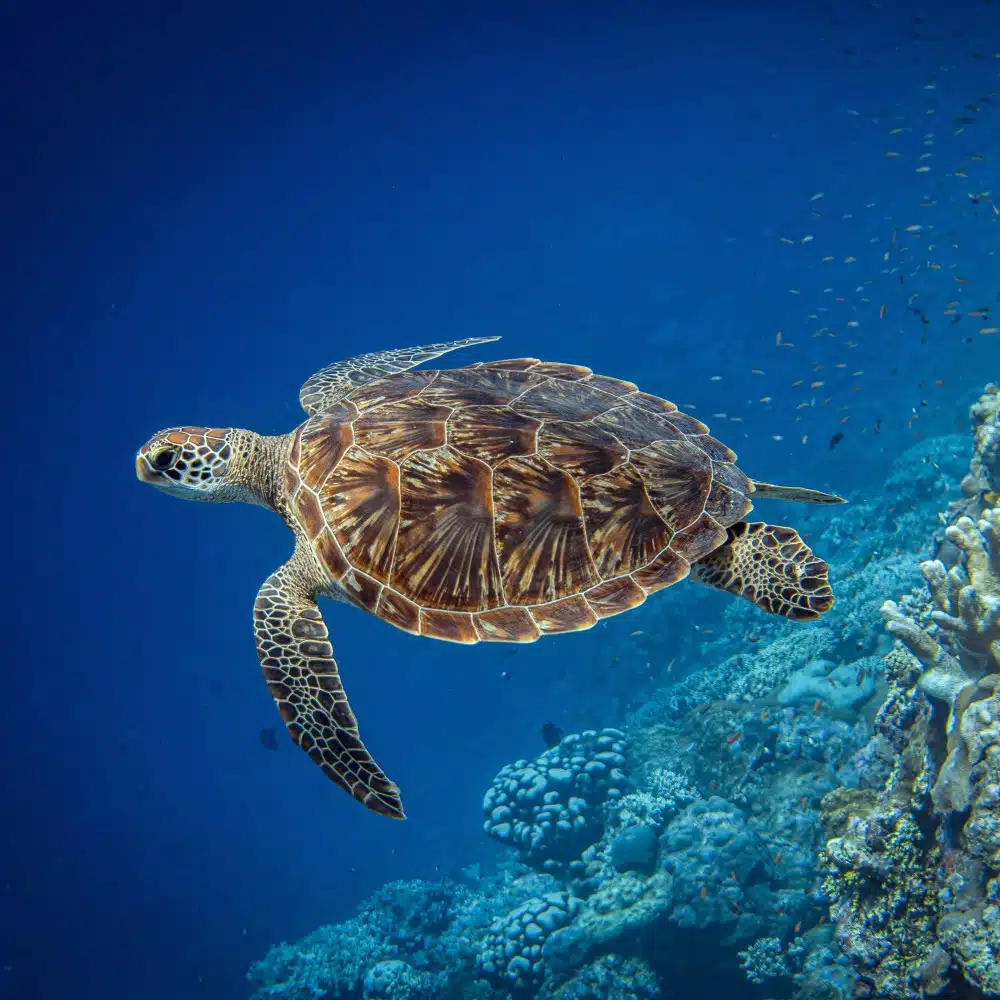
Wearing Many Hats. Telling Many Stories.
She does this through both her chosen career and her passion projects. As Managing Editor of Ocean Geographic Explorers and Science Editor of Ocean Geographic magazine – both based in Sydney, Australia – she brings the world’s attention to the most important issues affecting our oceans through captivating narratives and world-class imagery. Through Ocean Geographic, she runs dive expeditions and underwater photography workshops to inspire people to protect the oceans.
But it’s the power of story that has most inspired her. “Sharing the ocean’s stories makes more of an impact than anything else I do.” One powerful example of this was FLOE, a 2020 piece on which she consulted with a friend from The Seldoms, a Chicago dance company. The performers danced as the melting Arctic floes were projected behind them and a voiceover of “World Ocean Radio” told the story of the ocean and climate change.
“Stories generate wonderful connections that creep into people’s heads in ways you weren’t aiming for,” she says of the experience. “These days, it’s so hard to tweeze the accurate from the false. So, when we mix art with scientific data, it sticks with people. Let’s make people feel something about the oceans.”
Alex’s passion has further driven her to create what she calls a “new method of ocean conservation.” She founded Blue Ring in 2017. The organization sells alternatives to the single-use plastics that get dumped in the ocean. And for those who want to make a modest annual donation to the nonprofits that support the ocean, she offers a $25 annual membership.
The Perfect Triad: PONANT, The Explorers Club, and Alex Rose
The Explorers Club and PONANT play a major part in Alex’s own story. “A colleague nominated me to The Explorers Club while I was leading some of my own expeditions. I’ve been a member since 2017,” she says. “Since then, so many opportunities have opened up for me that help me spread the word about ocean conservation, including PONANT! I’m so excited to help PONANT guests see the ocean in new ways during some scuba diving and snorkeling in and around Zanzibar.”
In addition to leading some dives and some land expeditions, Alex is planning lectures about local wildlife, geology, coral reefs, and – in honor of her mentor– the ocean’s “Hope Spots,” areas designated as protected, thanks to the work of Mission Blue, one of several non-profits founded by Dr. Sylvia Earle.
“PONANT sees the world the right way,” Alex explains. “I’m thrilled to be collaborating with a company that shares my views about sustainability and visits sights in meaningful ways. I feel like we’re in it together to minimize our impact and inspire people to change their lifestyles just a little bit for the good of the planet.”
That’s not to say that Alex expects anyone to carry the weight of the planet on their shoulders. “We can all do both large and small things to offset. It’s not that we need all people doing large things. We just need lots of people doing small things.”
